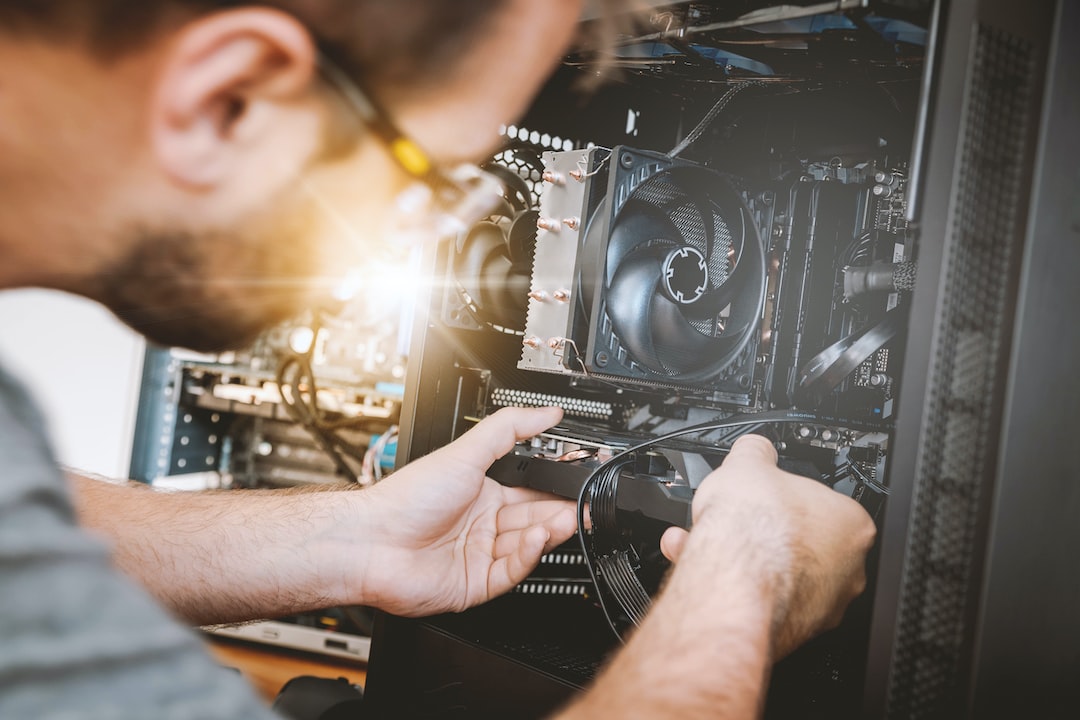Sustainable Manufacturing: Innovations and Practices
In recent years, many industries have been actively pursuing sustainable practices in response to the growing concerns over environmental degradation and climate change. One such industry that has taken significant strides towards sustainability is manufacturing. Sustainable manufacturing is the process of creating products through innovative practices that minimize waste, reduce energy consumption, and have a minimal impact on the environment. In this blog post, we will explore some of the innovations and practices that are driving sustainable manufacturing forward.
One of the key innovations in sustainable manufacturing is the adoption of renewable energy sources. Traditional manufacturing processes heavily rely on fossil fuels, which not only contribute to greenhouse gas emissions but also deplete finite resources. However, with the availability and decreasing costs of renewable energy technologies such as solar and wind power, many manufacturers are transitioning to cleaner energy sources. By utilizing renewable energy, manufacturers can significantly reduce their carbon footprint and increase the sustainability of their operations.
Another important aspect of sustainable manufacturing is the efficient use of resources. Waste management and recycling have become paramount in reducing the environmental impact of the manufacturing industry. Innovations such as closed-loop manufacturing systems aim to minimize waste by reusing and recycling materials throughout the production process. For instance, several car manufacturers have implemented closed-loop systems where old vehicles are dismantled, and their components are reused in the production of new cars. This not only reduces waste but also saves the energy and resources needed to extract and process new raw materials.
Moreover, sustainable manufacturing practices involve the use of eco-friendly materials. Many manufacturers are now opting for sustainable alternatives to traditional raw materials. For example, bioplastics, which are derived from renewable sources such as corn or sugarcane, have gained popularity as a sustainable alternative to petroleum-based plastics. Bioplastics have similar properties and functionalities to traditional plastics but are biodegradable and have a lower carbon footprint. Additionally, some manufacturers are experimenting with innovative materials such as mycelium-based composites, which are grown from fungi and offer a sustainable alternative to traditional construction materials.
Collaboration and knowledge sharing among manufacturers play a vital role in driving the adoption of sustainable practices. Many industry associations and organizations have emerged dedicated to promoting sustainable manufacturing and facilitating the exchange of ideas and best practices. These platforms provide manufacturers with the opportunity to learn from each other, share innovative solutions, and collectively work towards a more sustainable future. The sharing of knowledge and experiences also contributes to the development of industry-wide standards and certifications that help consumers identify and choose sustainably manufactured products.
Furthermore, technology and digitalization have become integral to sustainable manufacturing. The emergence of the Internet of Things (IoT) and data analytics allows manufacturers to closely monitor and optimize their energy consumption and production rates. By collecting real-time data, manufacturers can identify areas of inefficiency and implement strategies to maximize resource utilization and minimize waste. Additionally, advanced automation technologies enable manufacturers to streamline their processes, reducing energy and labor requirements. For instance, robotics and artificial intelligence can be employed to automate repetitive tasks and optimize energy-intensive processes, leading to higher efficiencies and reduced environmental impact.
In conclusion, sustainable manufacturing has become a key priority for many industries in their efforts to minimize their impact on the environment. Through innovations such as renewable energy adoption, resource efficiency, the use of eco-friendly materials, collaboration, and digitalization, manufacturers are making significant progress towards sustainable practices. However, there is still more work to be done, and continued efforts in sustainable manufacturing are crucial to maintain a healthy and thriving planet for future generations.
